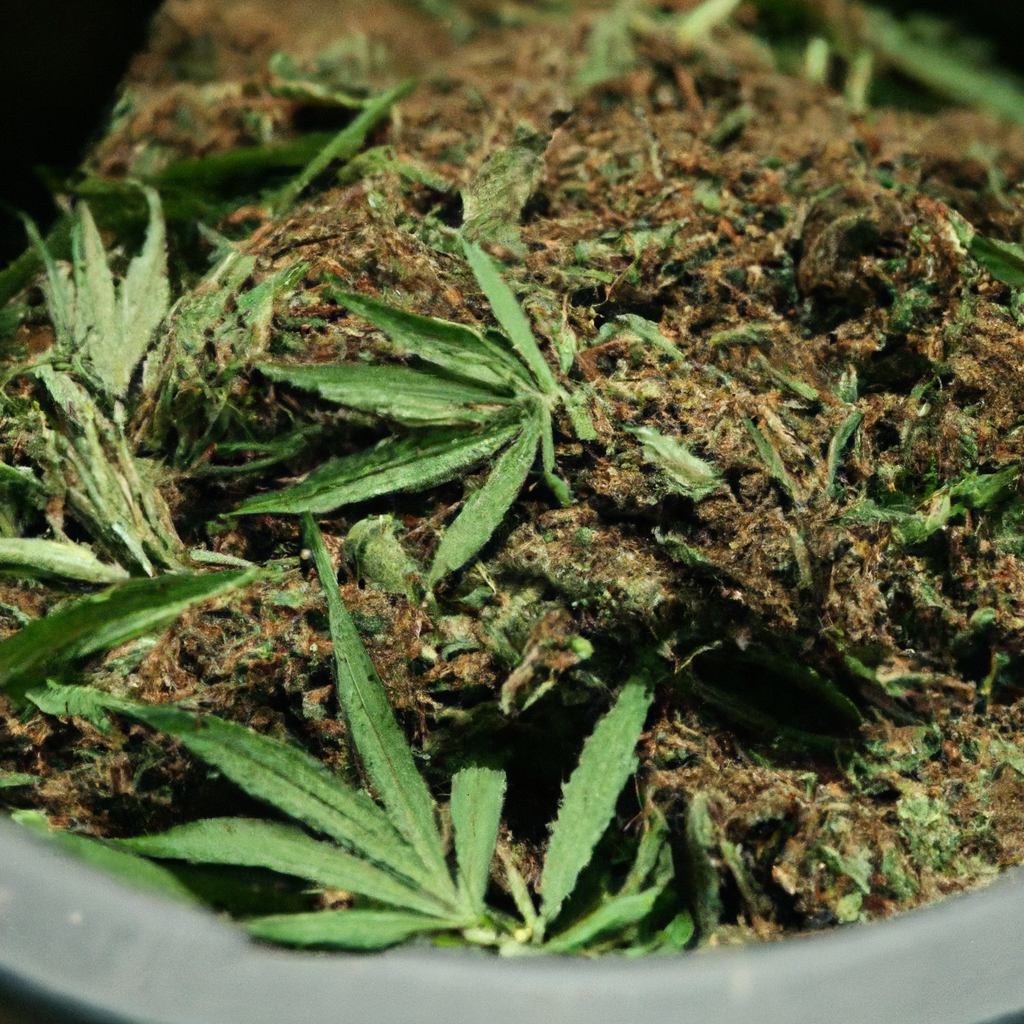By John “Magic” Greenleaf – Growing greatness, one strain at a time.
Introduction
Composting is often touted as the secret weapon for any successful gardener, offering a sustainable, nutrient-rich solution to soil enrichment. In the world of cannabis cultivation, this becomes even more critical. Today, let’s dive into transforming your cultivation waste into fertile compost, breathing new life into your cannabis grow.
Why Composting is Crucial for Cannabis
Cannabis, like any other plant, demands a constant supply of nutrients. Composting not only reduces waste but also enhances soil quality, boosts microbial life, and promotes healthier plant growth. Let’s explore the magic it offers:
- Nutrient-Rich Soil: Composting recycles essential nutrients back into the soil, ensuring your cannabis plants receive the nutrition they crave.
- Water Efficiency: Organic compost improves soil’s water retention capacity, allowing your cannabis plants to thrive with less water.
- Environmental Impact: By composting plant waste, you’re engaging in an eco-friendly practice that reduces your carbon footprint.
Crafting the Perfect Cannabis Compost
Creating a nutrient-rich compost for your cannabis garden involves a delicate balance of ingredients and conditions. Here’s how to get started:
1. Collect Your Green and Brown Materials
Utilize cannabis leaves, stems, and any expired plant material. Balance this with an equal amount of brown materials like dried leaves, straw, and cardboard.
2. Maintain the Right Compost Pile Conditions
It’s essential to keep your compost pile moist but not soggy. Regular turning of the pile accelerates decomposition and prevents odors. Aim for a temperature range of 135-160°F to kill pathogens while encouraging microbial activity.
3. Introduce Beneficial Microbes
Enhance your compost by introducing microorganisms. Products like effective microorganisms (EM) can help, or you can add garden soil to kickstart microbial activity.
Common Composting FAQs
What can and can’t I compost?
Compostable items include cannabis trimmings, fruit peels, coffee grounds, and leaves. Avoid composting meats, dairy, and oils as they can attract pests.
How long does it take to make compost?
Generally, compost can take anywhere from two months to two years, depending on how actively you’re managing your compost pile.
Conclusion
Composting is a time-honored farming technique that, when applied to cannabis cultivation, brings unparalleled benefits. Embracing these strategies not only nurtures your plants but also supports environmental sustainability. So, magic growers, it’s time to turn waste into wonder and let your cannabis garden thrive!
Remember, healthy roots lead to healthy buds, and as always, happy harvests!


Leave a Reply